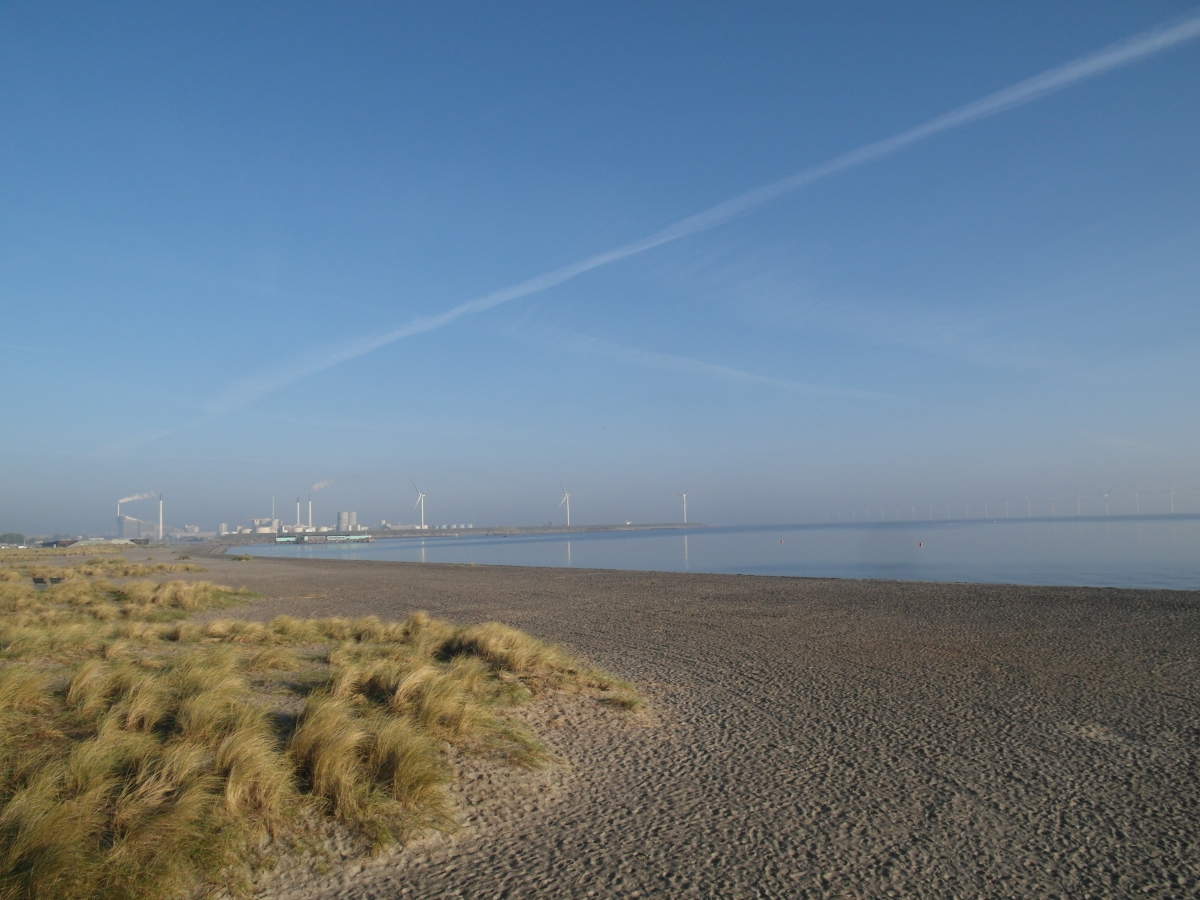Zeit: 18.00 (c.t.) - 20.00 Uhr
Vortrag im Rahmen des Berlin-Brandenburger Colloquium für Umweltgeschichte Wintersemester 2018/19
The settlement of Germans in Brazil during the 19th century not only put different forms of natures in touch but rather approximated several methods of managing forest and agricultural resources. In southern Brazil Germans colonized densely forested areas and established agricultural colonies largely dependent of forest resources; moreover, Germans adopted very fast the traditional crops belonging to Brazilian agriculture and its methods of shifting cultivation (coivara). These processes have been reflected by some scholars through time and they have been deemed a radical rupture between European and Brazilian realities. However, this proposal tries to think the opposite; research in Germany, Poland and Brazil has showed some continuities between agricultural and forest management in Germany and the practices carried out in German-Brazilian settlements. In addition, German settlers seem to have selected forest types and subtypes to develop either agriculture or lumber activities. The connections between Germany and Brazil can be perceived mainly through the intense use of fire for land clearance and through the cultural translation of the Brazilian forests into the traditional German categories of Laubwald and Nadelholzwald. The former corresponded to deciduous and semi-deciduous forests of Mata Atlântica and they were considered proper to agriculture; the latter adjusted into the so-called araucária forests (conifers), which were deemed fit for lumber exploitation. Fire by its turn had been widely used in Germany for agricultural purposes up to the end of the 19th century, mostly in distant and scarcely populated places. It is then suggested that rather than being an one-sided process of forest-agricultural adaption, the settlement of Germans in forested areas in southern Brazil should be understood through its entanglements and under the transfer of agricultural and forest knowledge realized by migrants themselves.
Short Bio:
Born in Lajeado (1983), southern Brazil, Eduardo Relly graduated in History (Bachelor) at Centro Universitário Univates (Lajeado) in 2008; in 2013 I finished the Master in "Environment and Development" at the same mentioned University. In 2014 I came to Germany due to a successful application at Bielefeld Graduate School in History and Sociology (BGHS-Uni Bielefeld) where I was awarded a "Start-Up Scholarship" and I was granted a 4-years PhD scholarship by DAAD-CAPES; since June 2015 I have been a PhD Candidate at Freie Universität Berlin (at Latein-Amerika Institut) under the supervision of Prof. Dr. Stefan Rinke.
In Terms of Research I have been developing in Berlin a quite different approach concerning the topic of German-Brazilian agriculture and forest Exploitation caused by the Settlement of part of the German Diaspora in the South-American country; instead of perceiving ruptures I have been trying to highlight connections. I have been writing an entangled forest-agricultural history under the frame of "transfers".
I have been conducting research in different places in Germany, Brazil and Poland. I published the book Do Taiaçuapé a Colinas (Lajeado, 2008) and have since then been publishing articles and chapter of books mostly in Portuguese and related to the environmental history of German Immigration in southern Brazil. Up to 2013 I was teacher of History for High School students in my hometown.
Humboldt-Universität zu Berlin,
Friedrichstraße 191-193, Eingang Friedrichstr.,
Lift in den 4. Stock, Raum 4026.
Konzeption und Organisation des Berlin-Brandenburger Colloquiums für Umweltgeschichte im Wintersemester 2018/19:
Dr. Jan-Henrik Meyer (University of Kopenhagen/ZZF Potsdam)
Dr. Astrid M. Kirchhof (Humboldt-Universität zu Berlin)
Eintritt frei | keine Anmeldung erforderlich
Dr. Jan-Henrik Meyer
Zentrum für Zeithistorische Forschung Potsdam
Am Neuen Markt 1
14467 Potsdam
Email: jhmeyer [at] gmx [dot] de (jhmeyer[at]gmx[dot]de)
Dr. Astrid M.Kirchhof
Humboldt-Universität zu Berlin, Institut für Geschichtswissenschaften
Lehrstuhl für Neueste und Zeitgeschichte, Prof. Dr. Martin Sabrow
Büro: Mohrenstraße 40, 10117 Berlin
Email: astrid [dot] m [dot] kirchhof [at] geschichte [dot] hu-berlin [dot] de (astrid[dot]m[dot]kirchhof[at]geschichte[dot]hu-berlin[dot]de)

